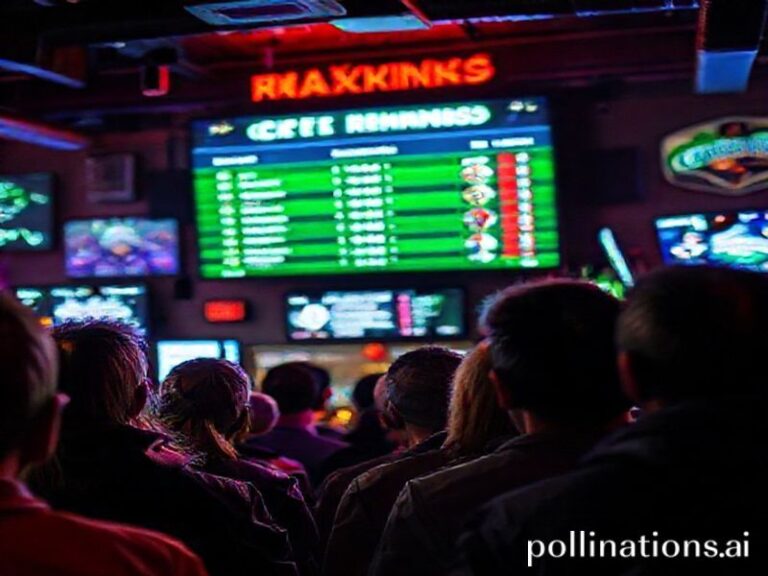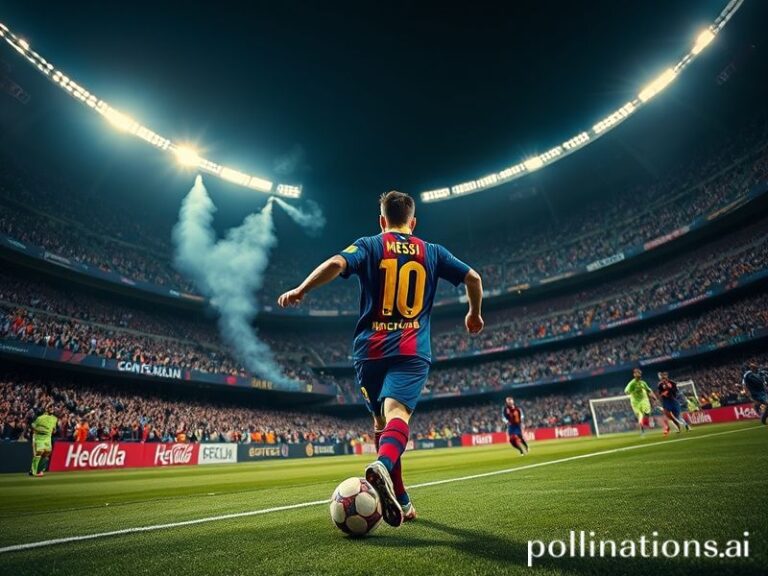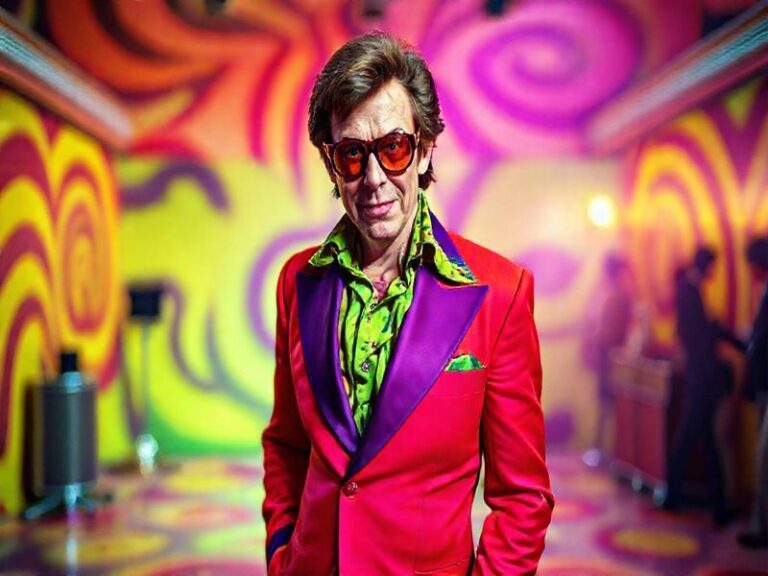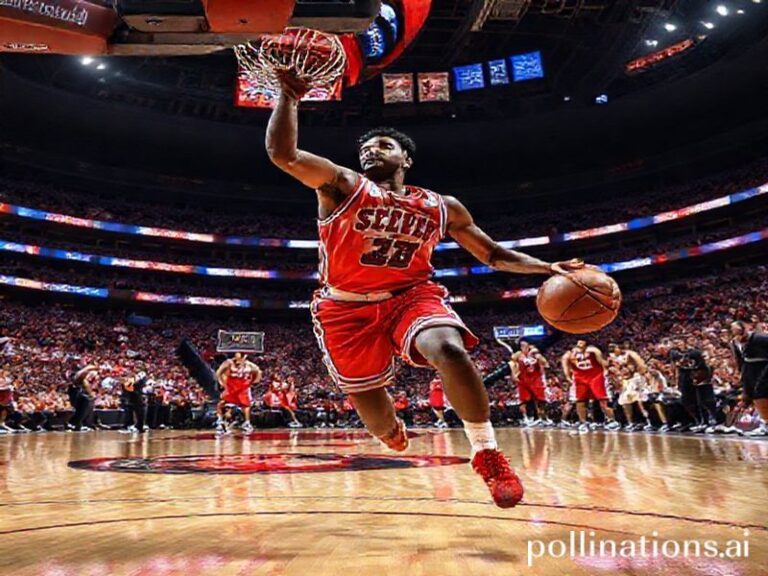Phil Mitchell: The East-End Hardman Who Became the World’s Moral Barometer
Phil Mitchell: How a Fictional East-End Hardman Became a Global Benchmark for Societal Collapse
By Our Man in the Departure Lounge, Dave’s Locker Foreign Desk
It began, as all world-historic shifts do, with a bald man shouting in a launderette. Thirty-odd years later, Phil Mitchell—East-End bovver boy turned walking public-health warning—has quietly become the planet’s most portable unit of cultural measurement. From Caracas to Copenhagen, diplomats, aid workers, and late-night cab drivers now use “one Phil” as shorthand for any society teetering on the brink of self-immolation. One Phil equals: endemic alcoholism, a black-market trade in lukewarm lager, and at least two brothers who look identical yet somehow share only 30 % of their DNA. Add a pub fire and you’ve got a failed state with better lighting.
The United Nations Development Programme tried to quantify this last year. Researchers discovered that if you overlay a map of Phil’s on-screen rampages with the Fragile States Index, the correlation is so tight that interns now refer to Sudan as “Phil minus Peggy.” Meanwhile, the World Health Organization quietly replaced its binge-drinking infographics with a looping gif of Phil head-butting a car bonnet. Saves on translation costs.
Internationally, Phil has become the patron saint of masculine coping mechanisms gone septic. In Australia, mining-town therapists cite his “hug-a-pint, punch-a-mate” model to explain why grown men still settle disputes with pool cues. In Russia, state television ran a three-part documentary arguing that Phil is proof Britain is descending into the same vodka-soaked nihilism that forged the Motherland—high praise from a country that considers despair a growth industry. Chinese social media, never one to miss a meme, turned Phil’s 2018 crack-cocaine relapse into a sticker pack labelled “996 burnout starter kit.” Nothing says late-capitalist exhaustion like a 56-year-old fictional mechanic screaming at a recycling bin.
The economic implications are equally stark. When the Turkish lira wobbled last spring, Istanbul forex shops taped up photos of Phil’s anguished grimace captioned “This could be you.” Bitcoin forums, not to be outdone, now measure volatility in “Mitchells”: one full Phil equals a 30 % drop within the hour, preferably soundtracked by a mournful drum-and-bass sting. Even the European Central Bank, in a briefing paper nobody was meant to see, described Italy’s debt spiral as “approaching peak Phil.” Mario Draghi reportedly keeps a stress ball shaped like Phil’s head. It leaks vodka.
But perhaps the darkest slice of global resonance lies in Phil’s repeated attempts at redemption. Every continent has its own version: a warlord trading fatigues for a food truck, a cartel accountant enrolling in community college, a tech bro promising to “detox from the algorithm.” Each time Phil swears off the bottle and buys a cappuccino, a million NGOs update their PowerPoints with the same weary bullet: “Rehabilitation possible, relapse probable.” The cynics in Kabul drink to that; the optimists in Geneva file another grant proposal. Everyone wins except the people being rehabilitated.
So what does it tell us that a man who once tried to kill his own brother with a door has become the Rosetta Stone of geopolitical despair? Simply that the world has never needed metaphors more, and Phil Mitchell—eternally furious, eternally sorry, eternally back on the sauce—delivers them in easily digestible 28-minute episodes. We export him like we export arms: with plausible deniability and a catchy theme tune.
In the departure lounge at Heathrow, a delayed flight to Lagos flickers on the board. A diplomat nursing his fourth G&T glances up at the TV: Phil is punching a mirror again. The diplomat sighs, pockets his boarding pass, and mutters to no one in particular, “There goes the neighbourhood—again.” He’s not wrong. From Albert Square to Caracas, the neighbourhood is always going, and Phil Mitchell is our universal yardstick for how far.







